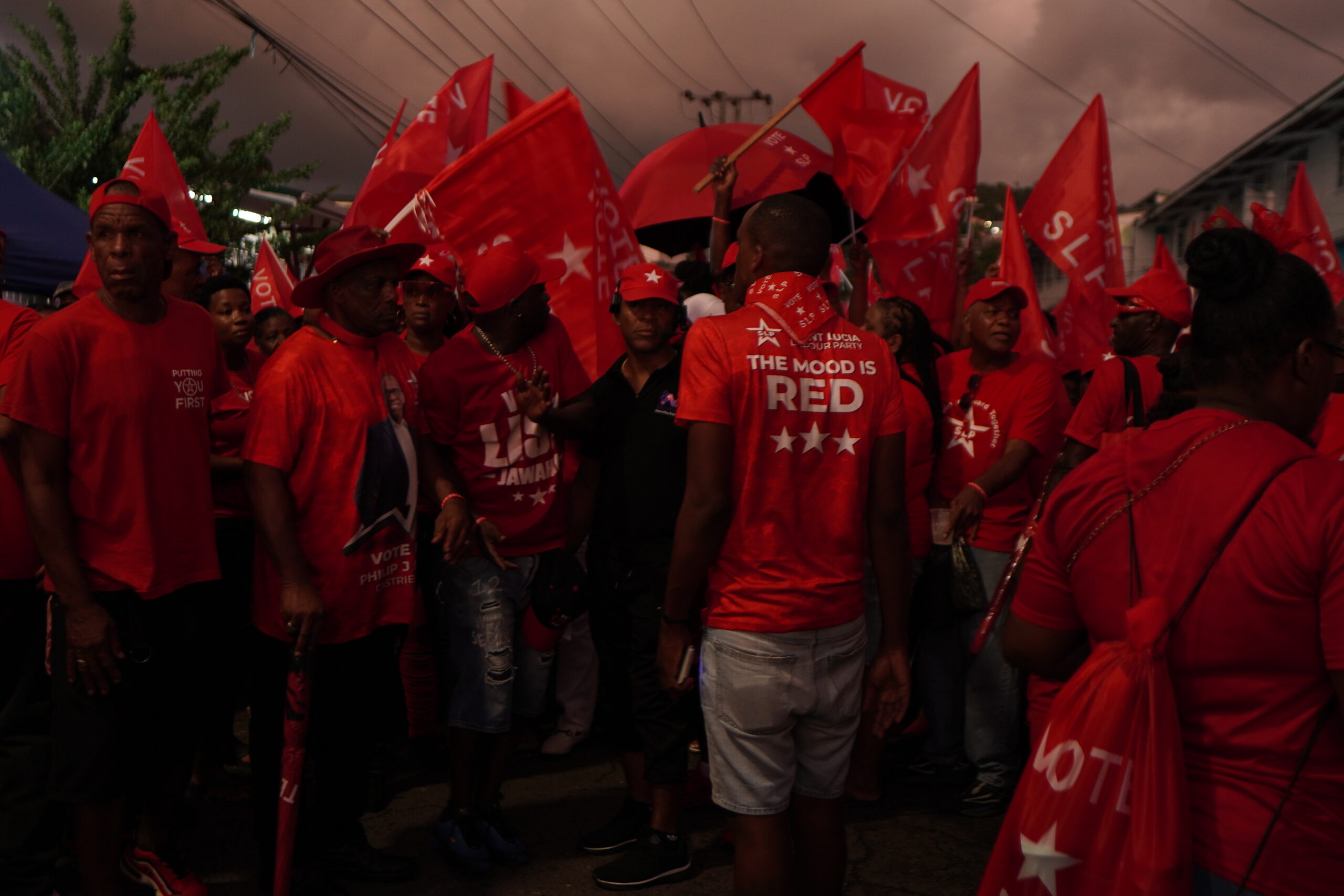In a surprising move, St. Lucia’s Prime Minister Philip J. Pierre has announced a general election for December 1, nearly a year ahead of schedule. This decision has sparked widespread discussion, particularly from political analyst Peter Wickham, who initially predicted Pierre would delay the election until the completion of a major hospital project. Wickham, a prominent regional pollster and director of Caribbean Development Research Services (CADRES), described the Prime Minister’s decision as an act of ‘political bravery,’ potentially catching the opposition off guard. The governing Saint Lucia Labour Party (SLP) and the opposition United Workers Party (UWP) are now locked in a heated debate over the hospital’s completion status, with Wickham suggesting Pierre’s timing reflects a strategic assessment of political advantage. UWP leader Allen Chastanet has dismissed claims of unpreparedness, asserting his party’s readiness for the contest. However, Wickham noted that the early election disrupts the opposition’s usual regrouping rhythm, giving the incumbent SLP a potential edge. Historically, early elections in the Caribbean have often signaled government instability, but Wickham emphasized that Pierre’s move appears driven by confidence in his advantageous position. The upcoming election marks a critical test for St. Lucia’s political landscape, as no party has secured consecutive terms in over two decades. Wickham highlighted Pierre’s strong position, citing his decisive 2021 victory and the public’s apparent desire for stability. Meanwhile, the UWP, despite its 2021 defeat, has rebuilt its roster with 12 new candidates, a move Wickham credited to Chastanet’s leadership. Nevertheless, the UWP faces significant challenges, including limited voter familiarity with its new candidates. Wickham refrained from predicting the election outcome, noting the short campaign period and the dynamic nature of the race.
